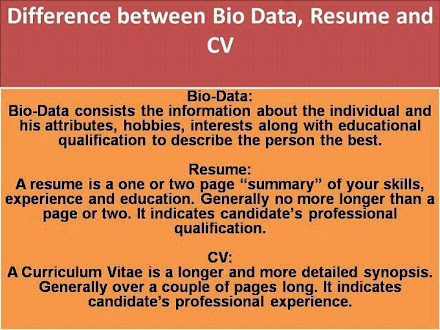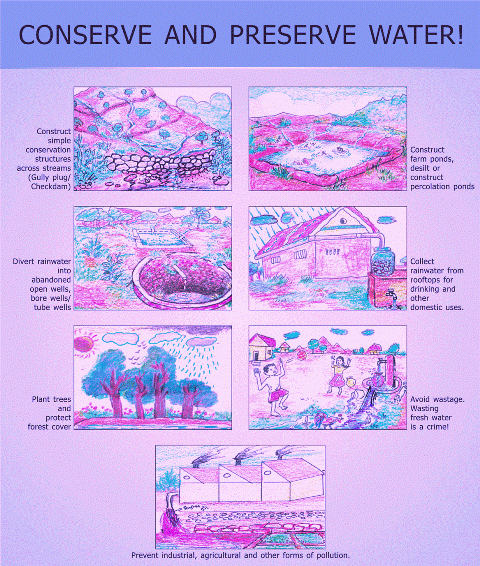India has started one of the world's greatest exercises in population counting which began on May 1, 2010 and is going to end on February 28, 2011. This has been named as Census India 2011. The Census in our country is a statutory requirement under the provisions of the Census Act 1948 and rules made there under. The history of the census in India started in 1872. The Census India 2011 is the 15th National Census since then. The Census India 2011 will be different from the earlier censuses since it would help compile a National Population Register (NPR) for all the usually resident Indians, in addition to the routine census work.
Census India 2011 will be the most reliable source of information on population data, the economic activities of its people, literacy and education, housing and household amenities, urbanisation, fertility and morality, scheduled castes and scheduled tribes, languages, religions, migration, disability etc. The purpose of the census will be to provide valuable information to country's planners, who would then formulate the policies to be followed by the central and state governments. The data from the census will also be used by many other national and international agencies. The demographic data of the country would also help in making changes in the delimitation and reservation of constituencies at all levels of governance i.e. parliamentary, assembly and local bodies. The slogan of the Census 2011 has been chosen be: "Our Census, Our Future". This would lay guidelines for the authorities to make efforts for the future development of India for the coming decade.
The task involving the census operation will be a gigantic one. The process would involve enumerating more than hundred crores persons by about twenty seven lakh enumerators through the length and breadth of of this vast country. They would be required to visit over 240 millions households. Let us all cooperate with them and welcome them to our houses with a smiling face and give them all the information they need to complete this mammoth task.
The Census India 2011 will give us an NPR, the National Population Register of the usual residents of the country, which is an exciting feature of the census India 2011. This register would provide to the authorities a complete and comprehensive identity database of the country's population. It would help the government to target the particular sectors of the society. It would help the government to review its economic decisions. The Census India 2011 would enable the Government to formulate schemes and programmes for the welfare of its people. The Planning Commission would make improvements in its planning strategy. The National Population Register prepared by the census India 2011, would help strengthen security of the country. The information collected by the enumerators will be kept absolutely confidential,. Even the law courts would not have access to this information. After the enumerators complete their field work, the data will be sent to the data processing centres located at 15 cities of India. Here the data will be processed using the world's most modern software called Intelligent Character Recognition Software (ICR),. We should feel proud of our scientists who enabled us to use this technology in our last census. Since then it is beig used in the census operations of many other countries of the world. This technolgy has helped to make such huge process of counting of the country's population at a low cost saving much of our labour and time.
In the Census India 2011, the data collected will be used for making and issuing unique ID Numbers. to all Indian citizens. The identity cards will be prepared for all the people aged 15 years and above on the basis of the biometric data collected by the enumerators. The UID number of persons under 15 will be linked to their parents. The government has planned to issue the National Identity Cards in a phased manner. It is reported that these cards will be first in the coastal villages of the country. Then after covering the coastal areas, the rest of the country will be gradually covered for the issue of these unique identity cards which would replace the multitude of IDs cards used by the country men to prove their idenity for various purposes.
The first phase of the census has been completed and the second phase has started on 9 February 2011 with the Hon'ble President of India releasing a special postage stamp on census India 2011 on 8 February 2011. This gigantic task is scheduled to be completed by 28 February 2011. Providing wrong information will attract a fine of Rs.1000 and a jail term of three years, under the Census rules.
Some of the new features introduced in Census 2011 are:
• Question on date of birth and age is added in place of age in 2001 census.
• Separate codes are assigned to 'separated' and divorced women.
• Placement of question on disability is changed and more types of disability including multiple disorders have been added.
• Category 'other' has been introduced to cover the transgender population.
• For the first time the marital status of women will be taken by assigning separate codes to 'separate' and 'divorced' women.
• Literacy status for 'other' sex has been introduced besides the existing 'male' and 'female'.
Special Thanks: India Study Channel
To know more about Census of India 2011, visit this link: CENSUS INDIA






No comments:
Post a Comment